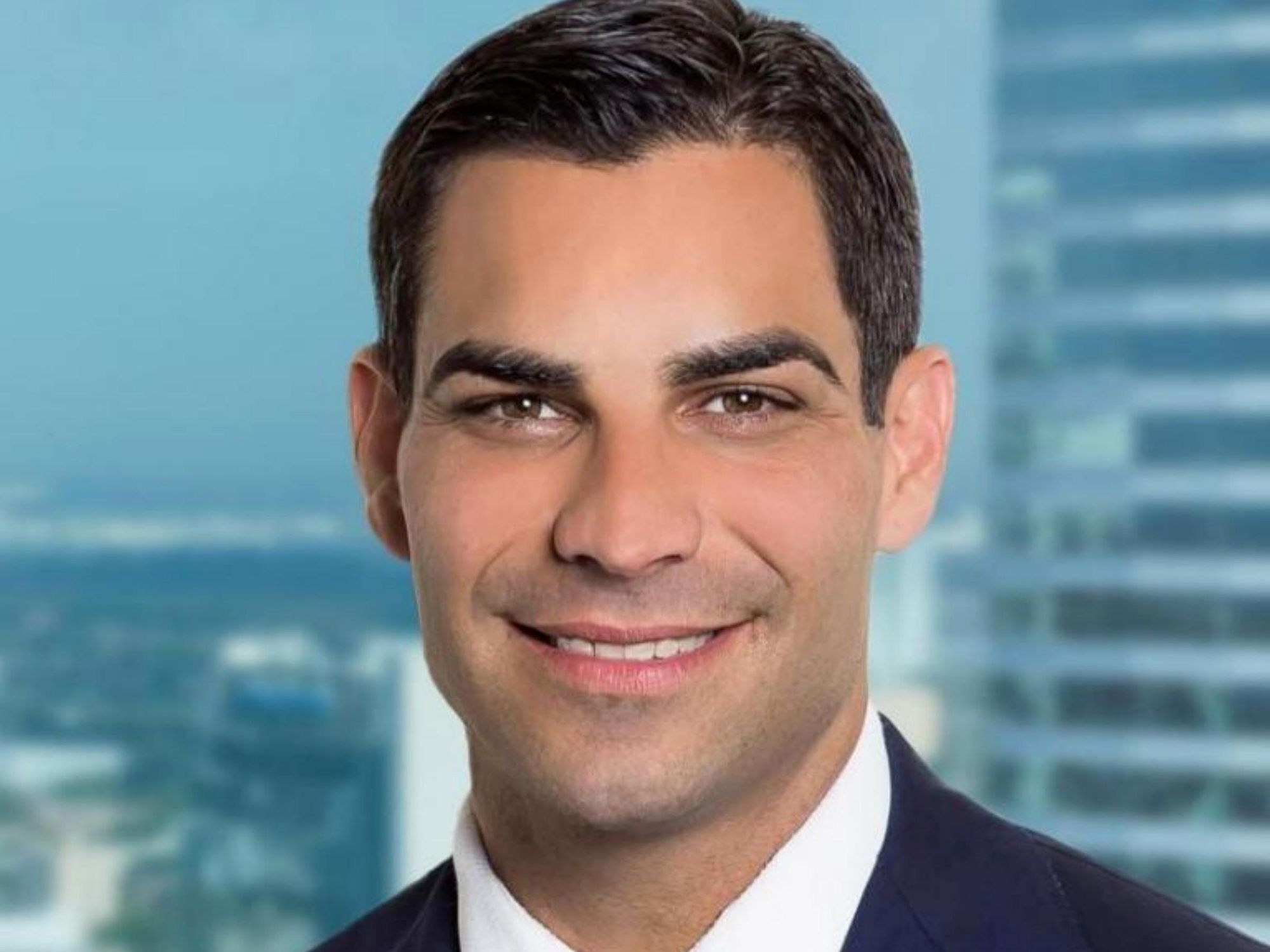Office Hours: Miami Mayor Francis Suarez on Turning the City Into a Tech Capital
Spencer Rascoff serves as executive chairman of dot.LA. He is an entrepreneur and company leader who co-founded Zillow, Hotwire, dot.LA, Pacaso and Supernova, and who served as Zillow's CEO for a decade. During Spencer's time as CEO, Zillow won dozens of "best places to work" awards as it grew to over 4,500 employees, $3 billion in revenue, and $10 billion in market capitalization. Prior to Zillow, Spencer co-founded and was VP Corporate Development of Hotwire, which was sold to Expedia for $685 million in 2003. Through his startup studio and venture capital firm, 75 & Sunny, Spencer is an active angel investor in over 100 companies and is incubating several more.

On this episode of the Office Hours podcast, host Spencer Rascoff talks with Mayor Suarez about his vision for building a tech hub in Miami and how the pandemic and changes in work culture helped it gain momentum.
Francis Suarez grew up around city government. His father, Xavier, was mayor of the city from 1985 to 1993. After earning a bachelors in finance and a law degree from the University of Florida, the younger Suarez followed in his dad’s footsteps, becoming the first Miami-born mayor in 2017.
He quickly set out to entice more businesses to the city.
“We had great weather, we had a great tax environment, you know, we were a very international city, those were things that were always present,” he said. “What we missed, or what we were lacking was a critical mass of doers that could make deals happen,” said Suarez.
The disruption that COVID brought to workplaces helped hasten Miami’s development, Suarez said, but he credits policies–including Florida’s reopening sooner than most other states after COVID lockdowns, lower taxes and his own efforts to “roll out the red carpet” to entrepreneurs–that made Miami a central destination for tech workers.
“We wanted to create sort of a c-suite concierge service for people who want it to build our economy and the KPIs on that are we're number one in the nation and tech job growth since then,” he said, adding that he thought the pandemic accelerated Miami’s transformation into tech hub, squeezing 20 years of growth into 24 months. “So I think our efforts have been successful at trying to create prosperity for our citizens.”
One of Suarez’s most interesting accomplishments has been creating a cryptocurrency specific to his city, MiamiCoin. He said he took to crypto early as a way to bring transparency and trust to the government.
“We don't trust our politicians, we don't trust their decisions. We don't trust, you know, the media,” he said. “So how do you restore that trust? You do it in a way or you design something that you can't manipulate,” said Suarez.
He said he hopes to overtake San Francisco as the VC capital of the world in the next two years.
Key to that effort, the lifelong Republican said, will be an approach that doesn’t try to shame entrepreneurs for their successes, something he said rival cities have done.
“I hear a lot of people say, ‘You know, I didn't move [to Miami] because of the taxes. I've moved, because I didn't feel wanted in the place where I live. I felt like I was a pariah. And I've come here and people want me to [...] create high-paying jobs so that there isn't a guilt associated with success’,” said Suarez.
That, he said, requires humility on the part of government officials and an understanding that the government can’t solve all of society's problems.
”There are things that we can do to create more fairness,” he said. “Then we have to let the private sector, the NGOs, the religious organizations and society generally all come together as a community with a moral purpose, to try to make our world better.”
- Steven Adler on What Makes Austin an 'Entrepreneurial' City - dot.LA ›
- JC2 Ventures’ John Chambers on Navigating the Downturn - dot.LA ›
Spencer Rascoff serves as executive chairman of dot.LA. He is an entrepreneur and company leader who co-founded Zillow, Hotwire, dot.LA, Pacaso and Supernova, and who served as Zillow's CEO for a decade. During Spencer's time as CEO, Zillow won dozens of "best places to work" awards as it grew to over 4,500 employees, $3 billion in revenue, and $10 billion in market capitalization. Prior to Zillow, Spencer co-founded and was VP Corporate Development of Hotwire, which was sold to Expedia for $685 million in 2003. Through his startup studio and venture capital firm, 75 & Sunny, Spencer is an active angel investor in over 100 companies and is incubating several more.



 Image Source: Northwood Space
Image Source: Northwood Space

 Image Source: JetZero
Image Source: JetZero